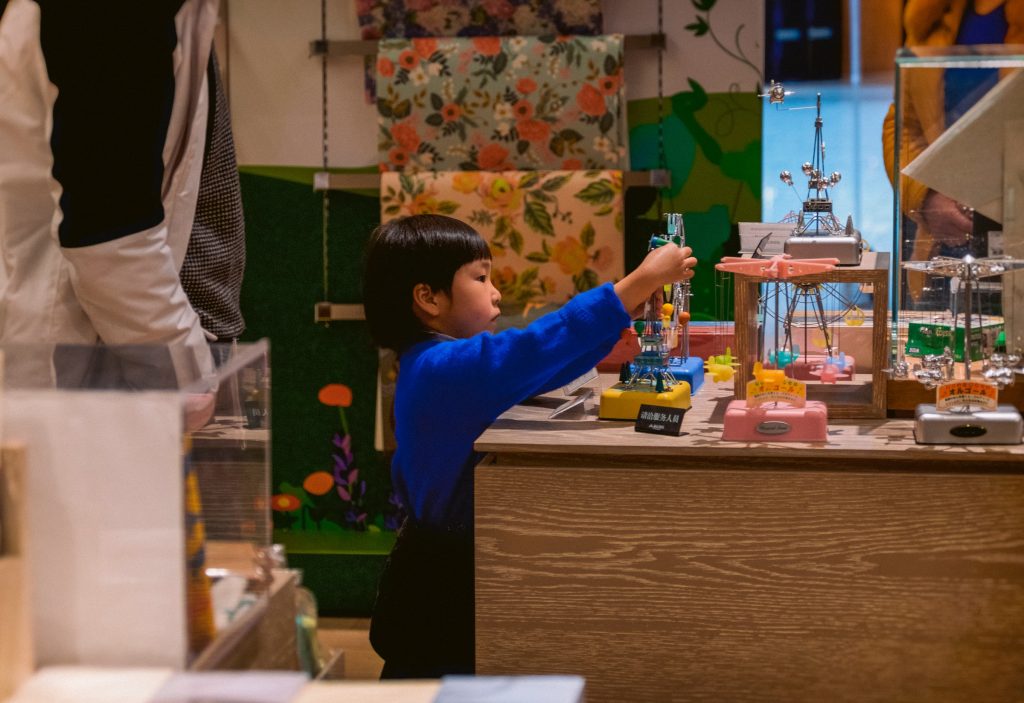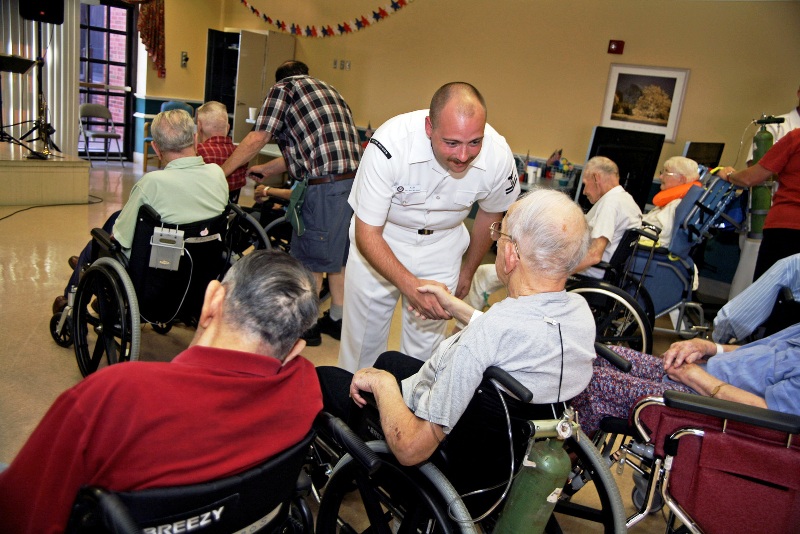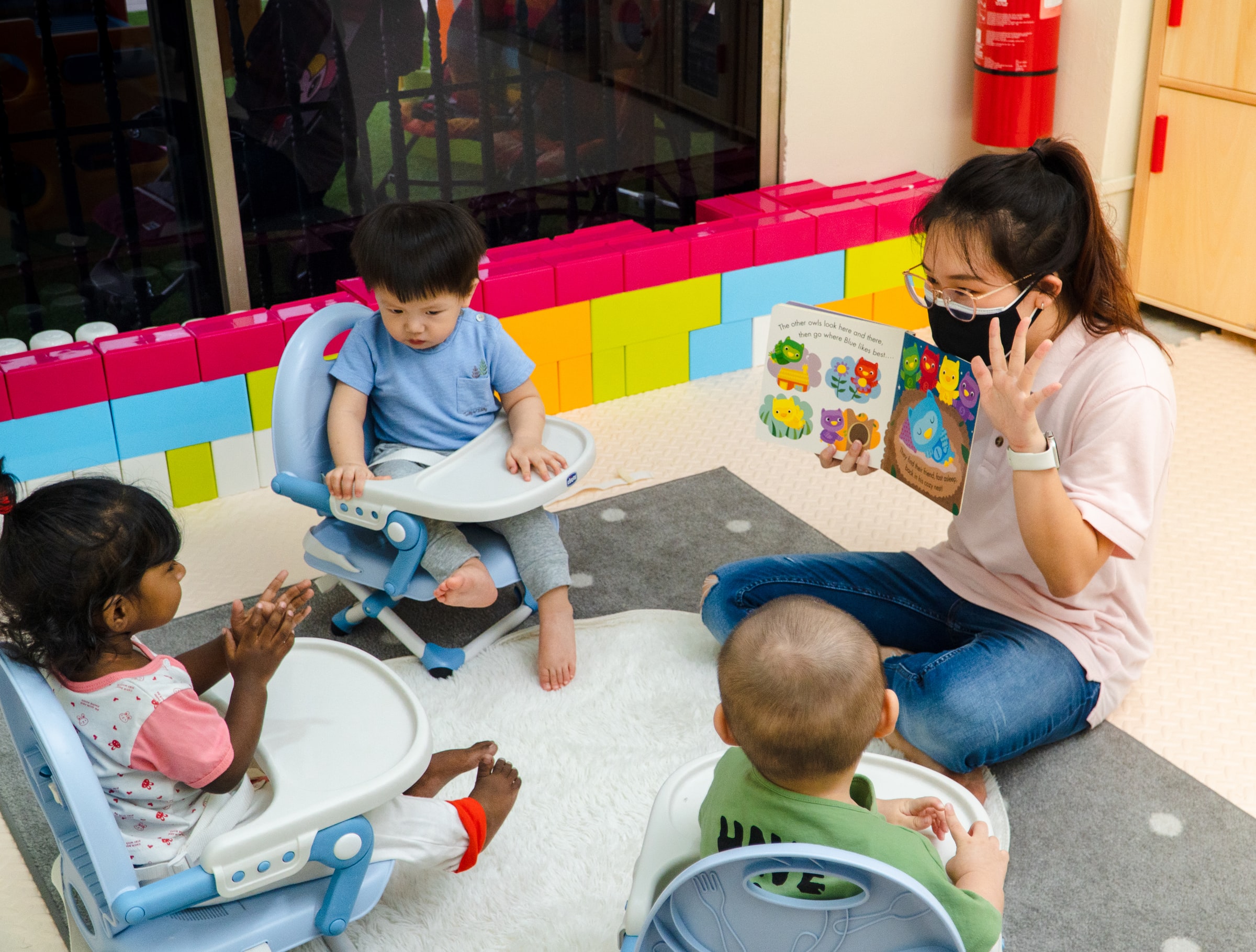Teaching your child independence from a young age is essential for them to grow up as freer individuals and more confident in their future actions. Part of this, of course, is encouraging the child to go to school, where they not only learn theoretical knowledge but develop socialization and better understand the value of friendships. However, there are “life” skills that are not learned in the classroom, and it is up to parents or other caregivers to pass on this knowledge, which goes far beyond knowing how to do math or pass tests.
With this in mind, and to help you create self-sufficient children, we have listed below a few habits that are easy to insert little by little into a child’s routine and that, over the years, will become good practices for the rest of their lives. So, without further ado, let’s dive into this blog and learn some of the things you need to teach your kids.
1. Do some gardening

Children who are in contact with nature from a young age tend to have a greater appreciation for the environment and their sense of community in the future. So, if you have the basics of gardening (or want to start developing this skill), encourage your little one to take care of his plant, teaching him habits like watering, fertilizing, and the need for sunlight at first.
If he gets the hang of it, this can become an activity you do together on a daily basis and paves the way for the child to have his vegetable garden or yard when he grows up.
2. Fold, organize, donate
Knowing how to fold clothes is another essential skill that your child can learn at a young age, and it will help them to be more organized, not only when they have their own home but also when they travel and go out.
So teach them how to fold T-shirts in a simple way, what is the easiest way to store socks, underwear, and panties, what clothes look best on a hanger, etc. Explain that each toy has “its own little house” and should go back there as soon as the game is over.
Another basic concept that can be incorporated into this tidying-up time is to separate out what is no longer being used and give it away. In this way, parents discourage hoarding and encourage the sustainable practice of putting things back.
3. Learn to cook

We don’t expect your little one to become a chef. Here, the intention is that you encourage the child to know how to behave safely in the kitchen. Teach them how to make a simple sandwich, put milk in a glass, prepare a salad (with the ingredients already cut up) or wash a piece of fruit before eating it.
Of course, avoid sharp objects and keep them away from fire, at least until they have a clear sense of danger.
4. Know basic first aid
Your child can- and should- call for help if they are injured or see an injured classmate, but knowing some basic first aid precautions can also be very helpful.
Always advise them to seek out an adult if this happens, but teach them to wash their wounds under running water, stick on adhesive bandages, and show them that bruises are a part of life, and that everything will be okay.
5. Listen and talk

In addition to the “magic words” that every child learns (“good morning, good afternoon, good evening,” “excuse me,” “please,” “thank you,” “excuse me…”), there are other ways to be polite in a conversation.
Listening carefully and patiently to what the other person is saying, asking questions, and speaking with sincerity and empathy are examples of good manners related to social behavior that parents are required to explain and that serve a lifetime.
It’s a two-way street: when you are open to listening to what the child has to say, it also creates a bond that privileges the truth between you. The child feels that he or she can speak freely, without judgment, and may, for example, feel comfortable talking about possible abuse, uncomfortable situations, or suspicious people. It is also important to teach the child about privacy and intimacy and to teach him or her to say “no” without guilt when necessary.
Sound off in the comments section below, and tell us what you want to read next and if you want to read more about kids.







Thanks!